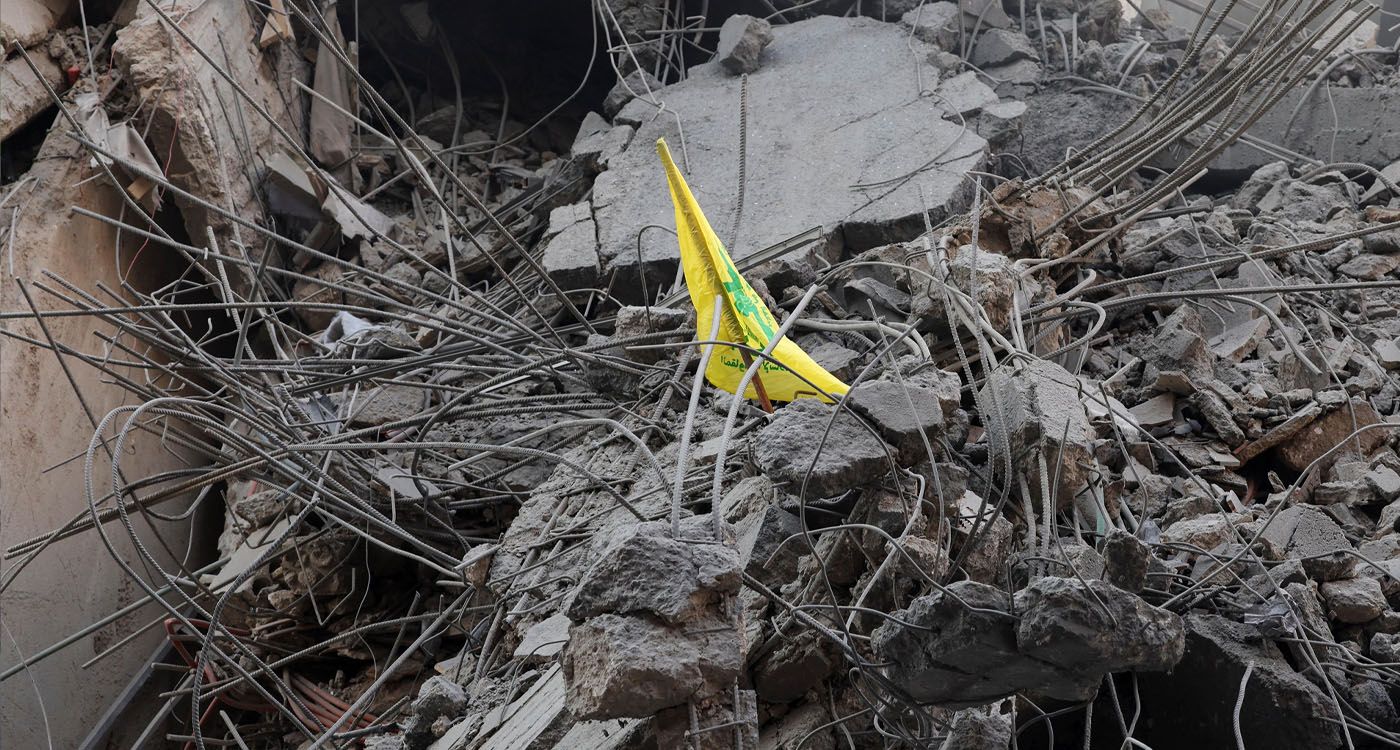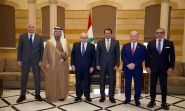
Hezbollah appears divided over its stance on handing over its weapons to the state. On one hand, senior figures such as Wafiq Safa, Mahmoud Komati and Naim Qassem—who declared, “We will not allow anyone to disarm us”—maintain a hardline position. On the other, President Joseph Aoun signaled a potential shift in the group’s approach, while announcing that 2025 will be the year all weapons are brought under state control. The question remains: Will the Lebanese believe Hezbollah’s populist rhetoric, or place their trust in a president who has thus far remained committed to delivering on his promises?
The Taif Agreement and International Resolutions
Since the Taif Agreement, every political accord has emphasized the need for the state to exercise full authority over its territory, including the disarmament of illegal weapons—a commitment also reaffirmed in UN Resolution 1701. Nonetheless, Hezbollah and some of its allied parties continue to violate this principle, refusing to surrender their arms.
Palestinian Weapons and the Refugee Camps: A Growing Concern
During Palestinian President Mahmoud Abbas' visit to Lebanon, discussions are set to focus on placing the refugee camps under state control and addressing the issue of Palestinian weapons outside the camps. Sources confirm that the Palestinian Authority has opted for a diplomatic solution, moving away from the military approach. As such, there is no longer any justification for the continued presence of Palestinian weapons, particularly given that the camps have become security hotspots and breeding grounds for terrorist cells.
The Ongoing Refusal to Disarm
Ministerial sources voiced concern over Hezbollah's stance, insisting it won’t surrender its weapons without guarantees, despite not opposing direct dialogue with Baabda. In response, Lebanese Forces representatives addressed Komati's comments on safeguarding Hezbollah’s arms, saying, “The party should start by handing over the weapons of its allies before those of its enemies.” These remarks once again raise doubts about Hezbollah's commitment to prior government agreements, which called for the state to have exclusive authority over arms possession and use.
Escalating Politics and Regional Stakes
Some political circles argue that Hezbollah is using the current escalation to strengthen its position in negotiations with Iran, while attempting to regain support from the Shiite community, which has grown increasingly disillusioned with the party. In this context, Lebanon's leaders are discussing a potential resolution: placing weapons depots under the control of the Lebanese army, with plans to inform the United States of this move in order to secure Israel's approval for a withdrawal from Lebanon.



Comments